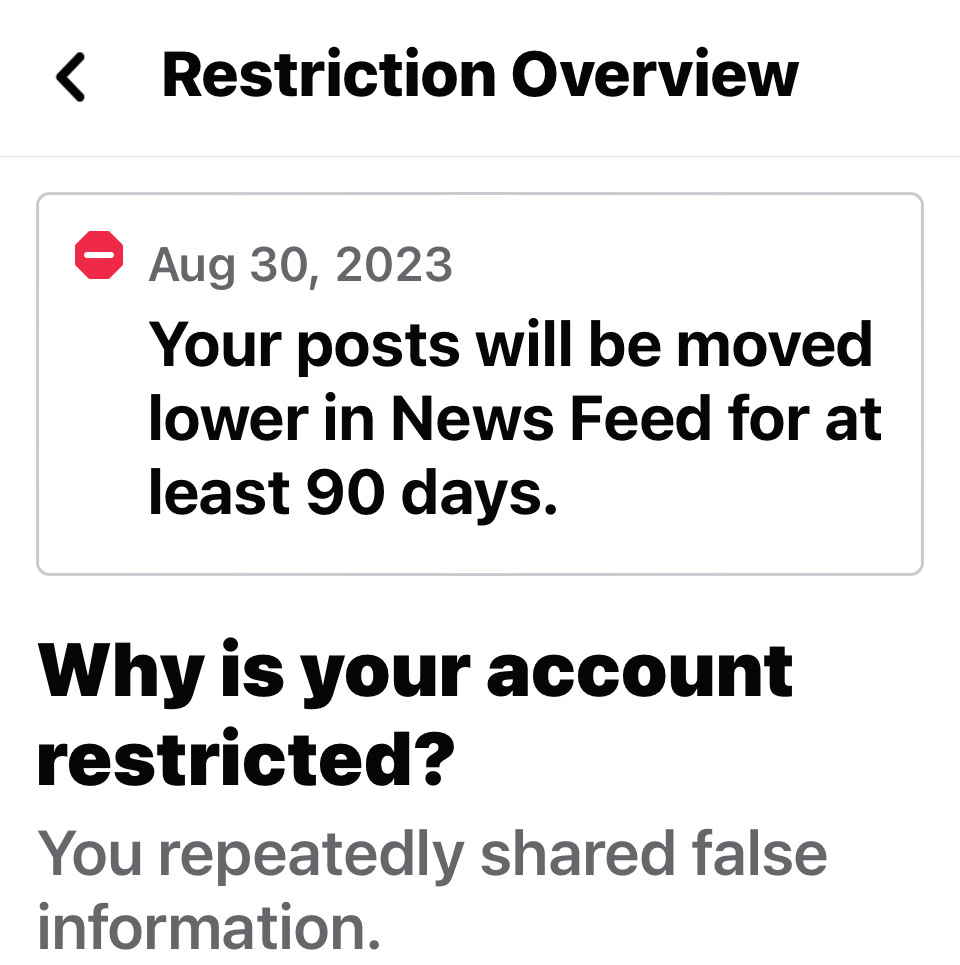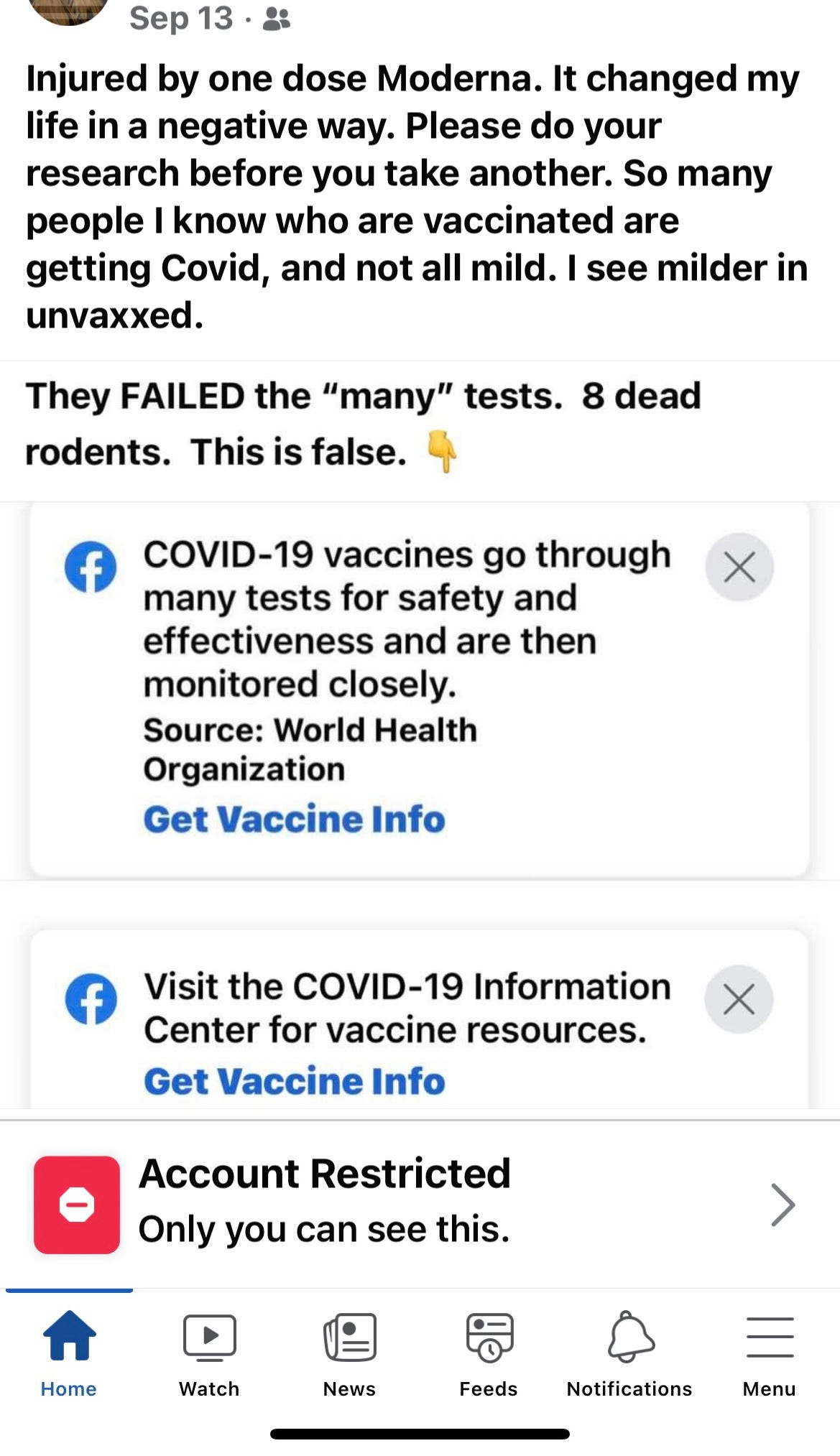I have always been a strong advocate for health transparency. When I experienced a severe reaction after receiving a COVID-19 vaccine, I felt it was important to share my story online. With care, I crafted a post highlighting my symptoms and urged others to be informed and consult with their doctors.
Within minutes of posting on my social media, I noticed a warning label slapped on my content. "This post may contain misinformation," it read. My heart sank. Hours later, the post was removed entirely, and I received a notification that my account was flagged for spreading harmful content. Frustrated, I appealed the decision, insisting that I was only sharing a personal experience, not discouraging vaccination.
Days went by with no response. Meanwhile, I tried to post again, this time including scientific studies and disclaimers about her intent. Once again, my post was shadowbanned—visible only to a handful of my followers.
Feeling defeated, I realized the depth of the challenge. While I never posted that I am against vaccines; but I am against the lack of open discussion. But in the online world, where algorithms rule, nuance was often lost, and my voice, no matter how carefully measured, was silenced.
Determined, I turned to smaller platforms. I continued to share my story, now not just about my injury but also about the importance of free speech in a digital age.
Though I faced censorship on major platforms, I found allies in unexpected places—people who believed in the right to discuss all aspects of health openly. Together, we created a network where stories like mine could be heard without fear of being erased.
---
The story highlights the tension between sharing personal experiences and the challenges of navigating social media platforms' content policies.






So sorry to hear of your vaxx injury - I pray for all those who are. The Truth shall set us Free - I will never stop speaking Truth to medical tyranny. GOD's blessings to you ...
https://rumble.com/playlists/ItG1ZMwWgTw